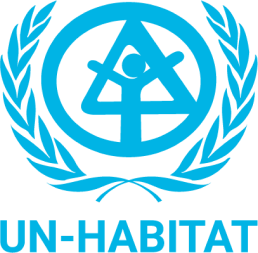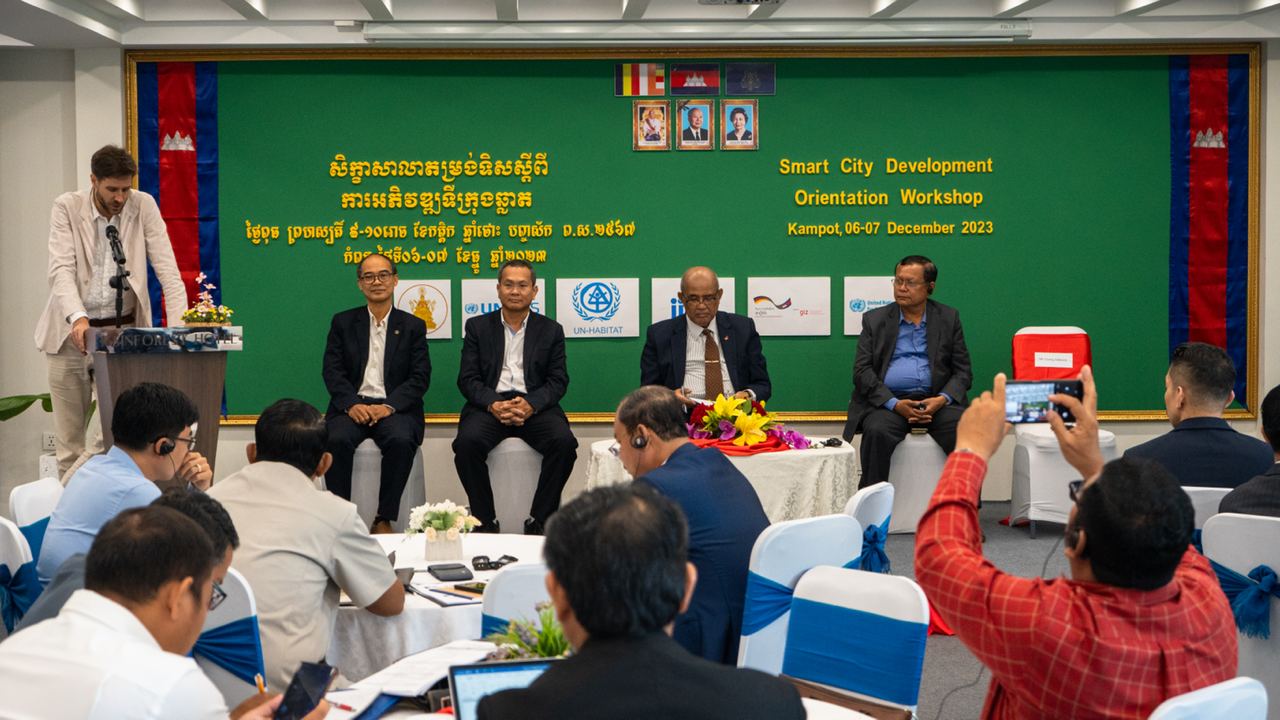Background
Although Cambodia has met the criteria for graduating from the LDC list, this country continues to face a range of common urban challenges such as backlogs in the provision of basic services and problems caused by unplanned urban growth. The provision on basic services includes clean water, electricity, wastewater management, solid waste management and digital infrastructure while the problems caused by unplanned urban growth are carbon emissions and traffic congestion. In addition, while Cambodia’s construction sector activity continues to increase in urban areas, vulnerable urban communities have been evicted from the city centres to the outskirts during the early stage of urbanisation in which some basic human needs such as housing, food security, and employment options remain lacking. Meanwhile, the capacity of sub-national governments and dedicated resources are seen critically insufficient in response to the rapid urban development, such as the lack of policies for governing urban connectivity and digital infrastructure which are incompatible with the number of netizens. For example, the use of online platforms for shopping, food delivery and banking grew rapidly during the Covid-19 pandemic in Cambodia. However, access to digital services and tools are limited by the availability and effectiveness of telecommunication infrastructure and systems. Moreover, cybersecurity, data protection and privacy are not properly regulated and enforced given that the government lacks budgets and resources for key infrastructure and system investments.
On the demand side, the above-mentioned challenges need to be addressed in order to ensure that urban citizens, in particular the vulnerable groups, are not excluded from urban opportunities and are able to benefit from the rapid advancement of technologies. On the supply side, strengthening of the government capacity on policy development and technical know-how will help contribute to addressing the urban challenges and provide viable cities services to citizens in an equitable, transparent and responsive manner. In other words, strengthening of urban public services will to some extent complement the post-pandemic economic recovery and pathway to graduate from LDC.
The UN Resident Coordinator’s Office in Cambodia together with UNOPS and UN-Habitat have implemented a project called “Cities for all: inclusive, smart and sustainable urban development in Cambodia” from March 2023 to May 2024 funded by the United Nations Human Security Trust Fund.
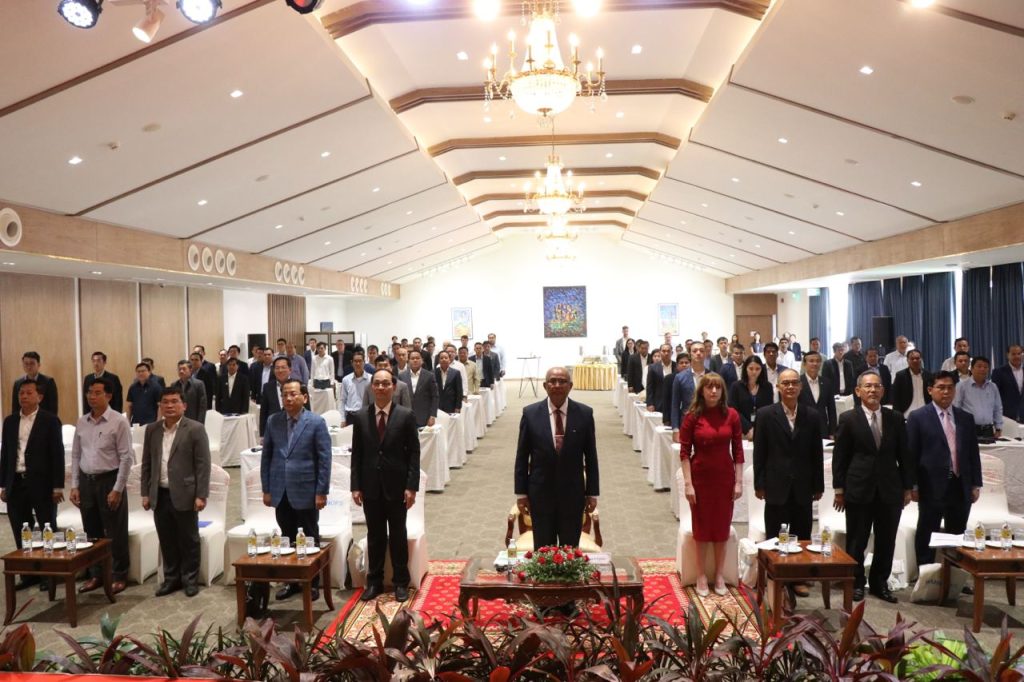
Objectives
The overall purpose of this programme is to address the needs and challenges of urban citizens and the Government through integration of human security dimensions in promoting sustainable, inclusive and innovative cities in Cambodia. The primary objective of this programme is to support the Royal Government of Cambodia to address the needs and challenges of urban citizens, particularly vulnerable communities by applying human security principles, in order to build more innovative, inclusive and sustainable cities in Cambodia.
Project Outcome
UN-Habitat conducted a comprehensive smart city assessment, in line with the United Nations Human Security approach and Cambodia’s United Nations Development Assistance Framework (UNDAF). Key findings and recommendations of the assessment report were presented and disseminate widely at national and sub-national level in Cambodia. The programme also strengthened the capacity of national and sub-national governments on smart cities initiatives, and increase advocacy among development partners, private sector and government to pilot smart cities projects with ‘Leave No One Behind principles’ and ‘Human Security’ approaches.
Together with UNOPS, we are building momentum to ensure our generation and the next generations can live in inclusive, smart, and sustainable cities in Cambodia.
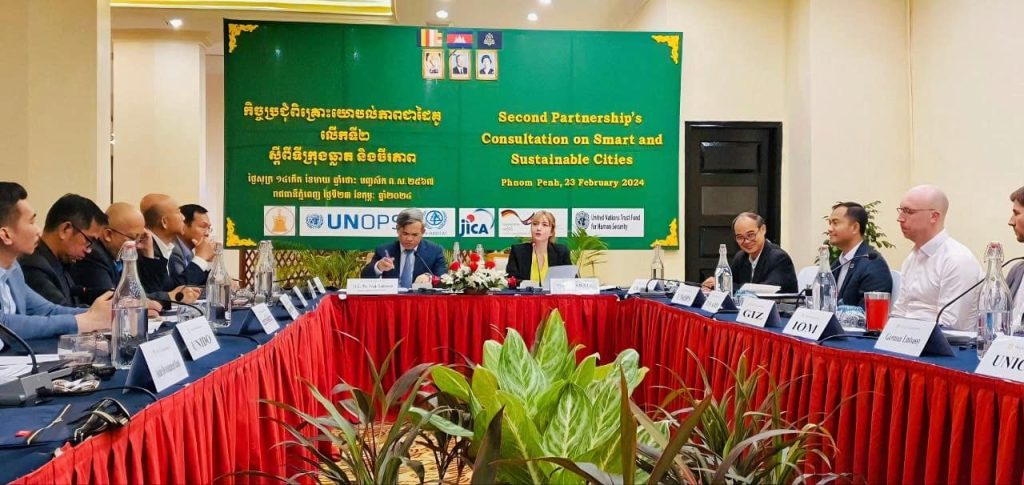
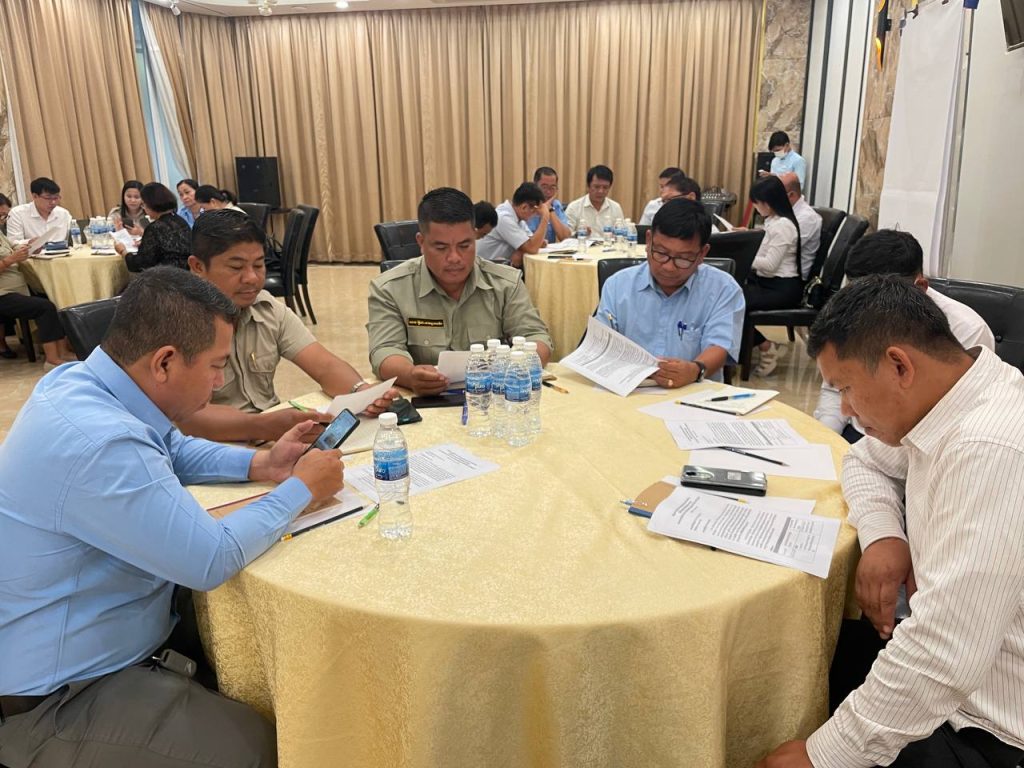
Donors and Key Project Stakeholders
Donor:
UN Trust Fund for Human Security
Key Project Stakeholders:
UN Country Team (UNCT); UNOPS and UN-Habitat
